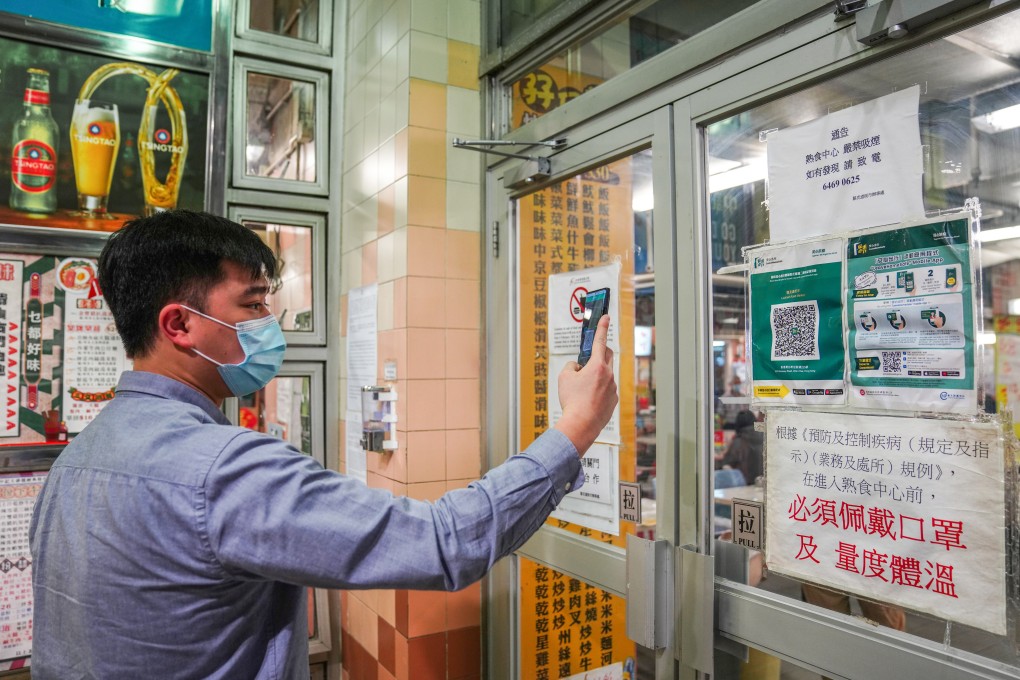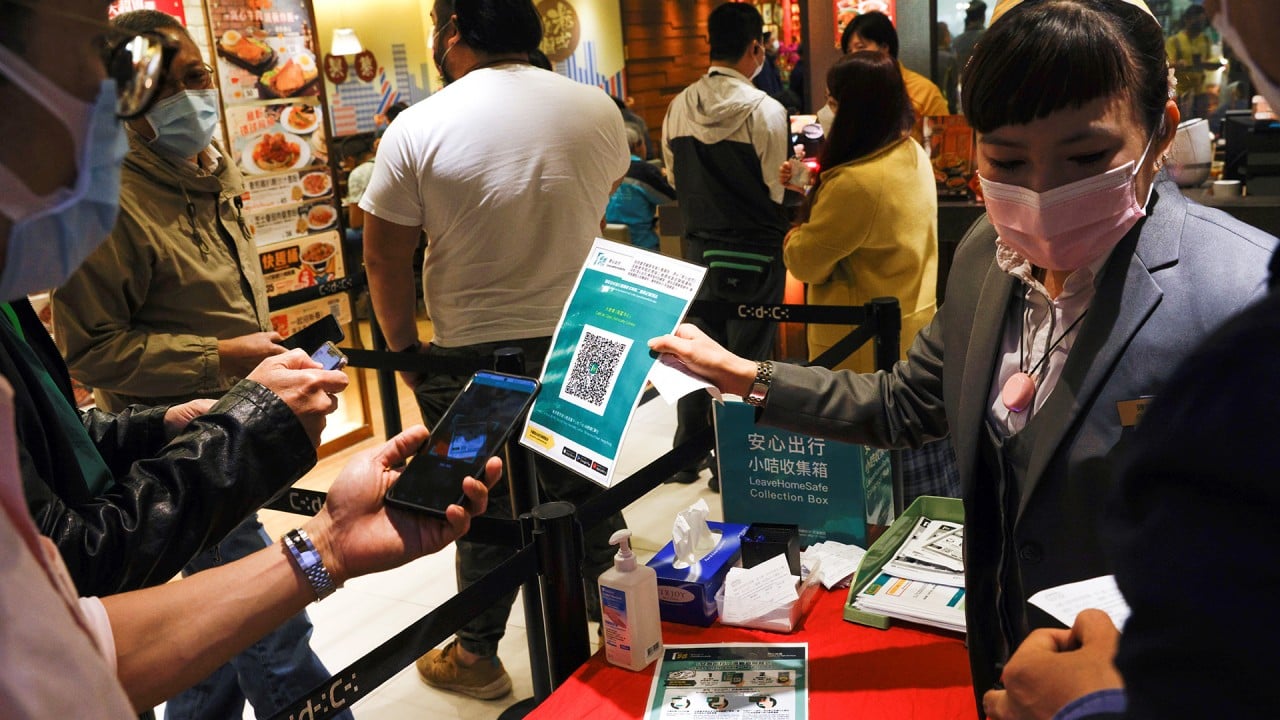Advertisement
Opinion | Why the ‘Leave Home Safe’ app won’t leave Hong Kong safer
- Those with job security concerns are less likely to adopt or pay heed to the contact-tracing app, which unfairly disadvantages the poor
- Not everyone has a Bluetooth-enabled smartphone or stable internet connection to keep the app running smoothly
Reading Time:3 minutes
Why you can trust SCMP
11

The arrival of multiple vaccines has brought cheer to Hong Kong, as it seemingly heralds the beginning of the end of the pandemic. But, in the grand scheme, vaccinations are but a fig leaf as many scientists say this is unlikely to be the last pandemic in our lifetime.
Before this pandemic ends, the question of how to conduct effective contact tracing remains. In Hong Kong, the “Leave Home Safe” app is a government-endorsed solution to the problem.
Putting aside privacy concerns, the overall efficacy of the app must be questioned. Despite their intuitive appeal, such large-scale technological and social experiments can fail to accurately detect infected individuals while placing an added burden on marginalised segments of society.
As with other contact-tracing tools, the efficacy of the platform is highly correlated with users’ buy-in. Citizens can opt out of Leave Home Safe even if they own a smartphone. If people boycott the app because of a distrust of law enforcement, any contact-tracing operation by health authorities could be stymied due to a lack of data. Moreover, access to devices that can run the app smoothly might differ vastly.
The effectiveness of Leave Home Safe also depends on users’ self-discipline. The app might send electronic nudges to remind users of potential Covid-19 exposure. But it cannot force the recipient to seek medical help and report symptoms truthfully. At a time of high volatility in the employment market, people fear losing income or even their job if they call in sick. A positive Covid-19 test still carries a stigma in Hong Kong.
Further, compliance with social expectations about responsible behaviour is not a given, since the application only alerts the user privately. It’s doubtful that all users will show the requisite discipline.
Advertisement

